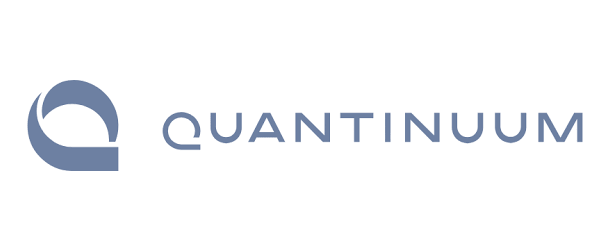Year-end commentary series: Quantinuum on the state of quantum

As we wrap up 2021 and begin 2022, IQT News is asking executives from several companies across the quantum sector to weigh in on the state of the industry, key challenges that remain and visions and hopes of the future.
The latest entry in this series comes from Tony Uttley, president of Quantinuum. Almost no company in the quantum space had a more eventful 2021 than Quantinuum, which did not even exist until late in the year. The new firm is the result of the merger between Honeywell Quantum Solutions and Cambridge Quantum, which was announced earlier in the year. Prior to that deal, Honeywell and Cambridge Quantum each were making a big splash on their own, Honeywell with its H Series quantum processor and Cambridge Quantum with numerous software announcements, including the open source availability of its TKET hardware-agnostic software development kit and the launch of its Quantum Natural Language Processing toolkit. After the merger was completed and Quantinuum came to life, the company earlier this month announced its Quantum Origin cryptographic key platform.
Here’s Uttley on the sector’s accomplishments this year, and what next year could bring:
2021 saw the continuation, and in fact an acceleration, of a trend that now goes back at least two if not three years where significant milestones are reached on a variety of areas of quantum computing, ranging from hardware to control systems, to error correction, to middleware and operating systems, to applications.
- Several organizations who have been known to be working on the manufacturing of quantum computers but who had not yet provided any details of their devices, released new quantum processors.
- In addition, several larger groups who have existing processors unveiled upgrades or new processors that matched those organization’s predicted performance gains. In many respects, this maintained the trend of exponential increases in quantum processor capability.
- With the roll-out of sophisticated open-source software and the expansion of platform-inclusive approaches, the community of people and organizations participating in quantum computing increased dramatically.
- There has recently been a notable shift away from purely nationalistic commitments by countries towards an approach where countries began to express interest in joint cooperation within the field of quantum computing. A prime example occurred in early November, when the governments of the United Kingdom and the United States released a joint statement to enhance cooperation in the area of quantum information science and technology.
- Importantly, multiple organizations demonstrated advances in quantum error correction, including a demonstration of real-time quantum error correction by Quantinuum which marks a huge advance towards fault tolerant devices.
- Perhaps most importantly we saw, for the first time, a broadly available and commercially relevant product that could only be created using today’s quantum computers.
2022 is starting in a very different place than 2021. With more resources (both money and people) now focused on making near-term quantum computing relevant, there is an increasing likelihood that we will see further gains within the year. Remember all the advances that have been announced in 2021 and 2020 were the result of sustained investment and resource allocation in the previous years. Given the exponential increase in resources we can expect 2022 to show a similar trend in hardware, including new entrants, middleware and applications.





















